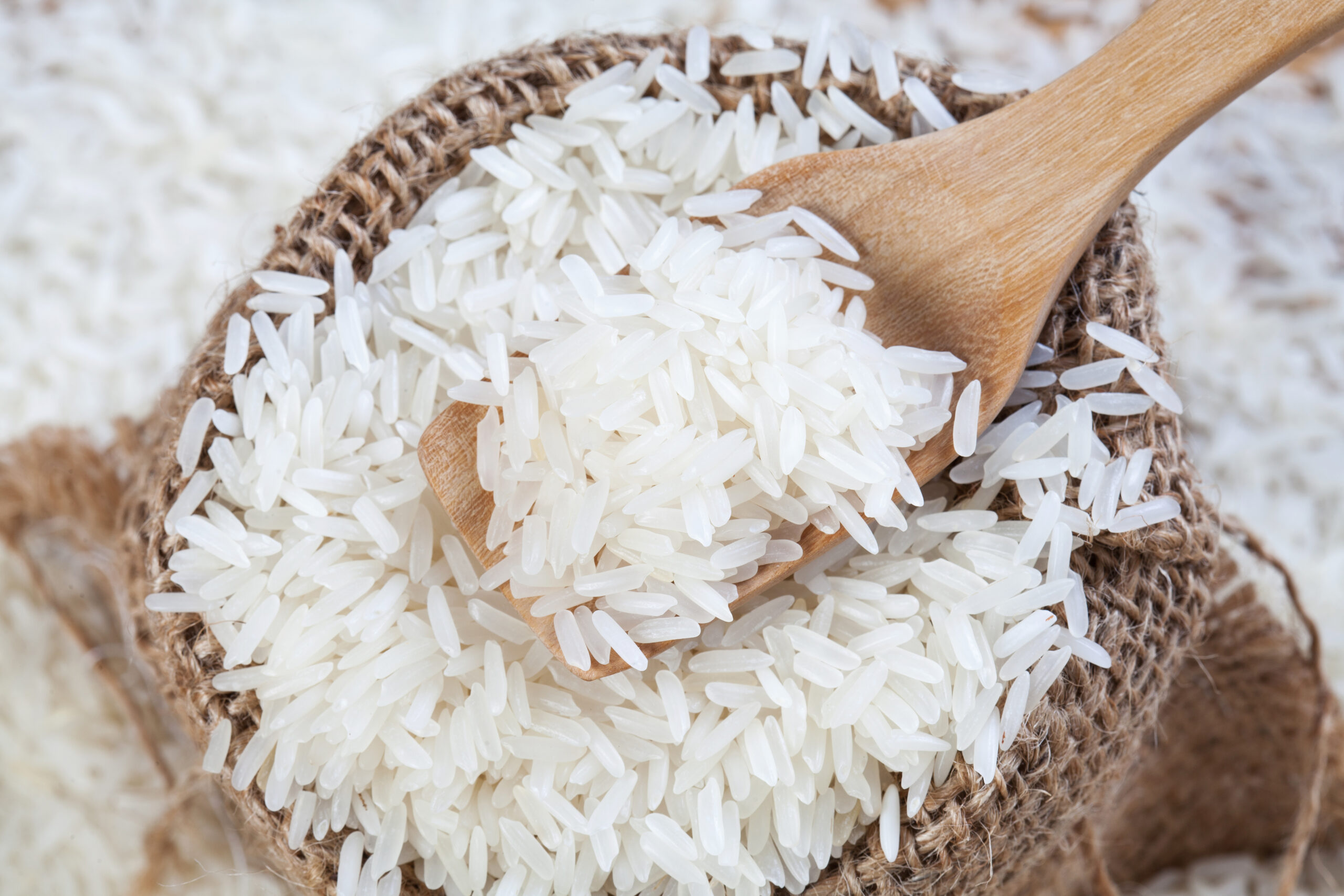A recent study raises alarm over the persistence of spike proteins from COVID-19 vaccines, sparking debates about their safety and long-term effects.
Story Highlights
- Yale University study reveals spike protein persistence post-vaccination.
- Dr. McCullough warns about potential toxicity and promotes detox protocols.
- No credible evidence supports vaccine bans in 12 states or policy reversals.
- Ongoing research is needed to understand rare post-vaccination symptoms.
Yale Study on Spike Protein Persistence
The Yale University study, published in February 2025, detected the presence of spike proteins in some individuals with post-vaccination syndrome (PVS) for over 700 days. Although the study did not establish a causal relationship between the persistence of these proteins and adverse health outcomes, it has fueled public concern about the long-term effects of COVID-19 vaccines. Researchers emphasize the need for further investigation to better understand these findings and their potential implications.
The Yale researchers found clear biological proof that in some people, mRNA spike protein production did not stop following vaccination.
Instead, it persisted—triggering autoimmunity, suppressing immune function, and reactivating dormant viruses.
Yikes! pic.twitter.com/H6t0LH72Q2
— The Vigilant Fox 🦊 (@VigilantFox) July 3, 2025
Dr. Peter McCullough, a prominent critic of COVID-19 vaccines, has spotlighted these findings, asserting that the persistence of spike proteins could pose a significant health risk. He argues for the adoption of “spike detox” protocols, which include supplements purported to mitigate potential toxicity. However, major health authorities have not endorsed these protocols, citing the need for more comprehensive research and evidence.
Legislative and Policy Context
Despite claims in the article, there is no credible evidence that 12 U.S. states have enacted bans on COVID-19 vaccines or that the CDC or HHS has removed vaccine recommendations for children and pregnant women. Such assertions appear to be unsubstantiated and potentially misleading, contributing to public confusion and vaccine hesitancy. It is crucial to rely on verified information from reputable sources to guide public health policies and decisions.
State legislatures have occasionally proposed bills addressing vaccine mandates and exemptions, reflecting political responses to constituent concerns. However, widespread legislative action banning vaccines has not materialized, underscoring the complexity of balancing public health priorities with individual liberties.
Watch: Yale Study Uncovers Post-Vaccine Syndrome! – YouTube
Ongoing Research and Public Health Implications
Research into post-vaccination syndromes and the persistence of spike proteins continues, with scientists seeking to determine the clinical significance of these findings. While the Yale study provides valuable insights, it is part of a broader scientific effort to understand rare, persistent symptoms following vaccination.
The persistence of spike proteins is not unique to vaccines; similar phenomena have been observed in post-infection cases. This underlines the importance of ongoing research to unravel the complexities of COVID-19 and its aftermath, aiming for enhanced safety and efficacy of vaccination strategies.
Sources:
Yale News, 2025-02-19: Immune markers of post-vaccination syndrome indicate future research directions
Frontiers in Immunology, 2025-06-04: Soluble SARS-CoV-2 Spike glycoprotein
PubMed, 2025-02-08: Serum Spike Protein Persistence Post COVID Is Not Associated With ME/CFS
PubMed, 2025-02-18: Detection of S1 spike protein in CD16+ monocytes up to 15 months post-vaccination













